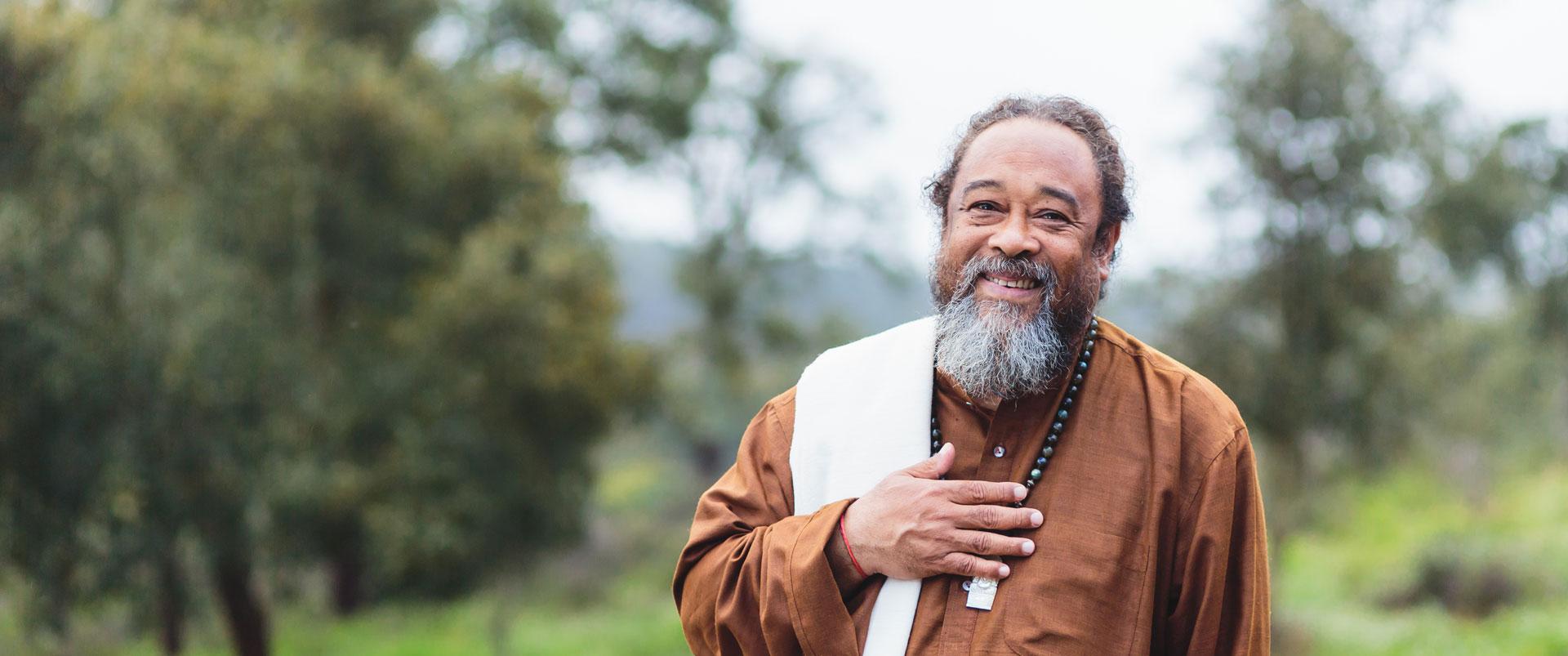In the quest for spiritual enlightenment, individuals seek guidance from various sources, be it ancient texts, gurus, or contemporary spiritual leaders. Mooji, a Jamaican-born spiritual teacher, has gained prominence in recent years for his profound teachings on self-realization and the path to enlightenment. His teachings, often referred to as “The Wisdom of mooji,” offer valuable insights for those on a spiritual journey.
Who Is Mooji?
Mooji, whose birth name is Anthony Paul Moo-Young, was born on January 29, 1954, in Port Antonio, Jamaica. His early life was marked by a spiritual curiosity, but it wasn’t until his mid-30s that he began a transformative journey toward self-realization. Mooji eventually became a disciple of the renowned Advaita Vedanta teacher Papaji, who was a direct disciple of Sri Ramana Maharshi.
After experiencing a profound spiritual awakening, Mooji dedicated his life to sharing the wisdom he had received. He moved to the United Kingdom, where he founded the Monte Sahaja ashram and began to hold satsangs (spiritual gatherings) and retreats worldwide. Mooji’s teachings are deeply rooted in Advaita Vedanta, emphasizing the importance of self-inquiry, meditation, and a direct experience of one’s true nature.
The Core Teachings of Mooji
Self-Inquiry: Central to Mooji’s teachings is the practice of self-inquiry. He encourages individuals to ask the fundamental question, “Who am I? This inquiry takes individuals beyond the confines of their egoic self, unveiling their unchanging essence often referred to as pure awareness or the Self with a capital ‘S.
Detachment from the Ego:
Mooji emphasizes the need to disidentify from the egoic mind and its constant stream of thoughts and desires. By witnessing the ego’s activities without judgment, individuals can gradually free themselves from its grip and connect with their deeper, unchanging nature.
Silent Observation:
Silent observation is a key element of Mooji’s teachings. By quietly observing the thoughts, emotions, and sensations that arise within oneself, individuals can disentangle from their identification with these phenomena and discover the observer behind them.
Meditation:
Meditation is a powerful tool on the path to enlightenment, according to Mooji. It allows individuals to turn their attention inward and become more aware of their true nature. In stillness, one can experience a sense of peace and presence that transcends the ever-changing external world.
Surrender:
Mooji encourages surrender to the present moment, acknowledging that all experiences, both positive and negative, are transient. By letting go of resistance and attachment, individuals can find peace and acceptance in the here and now.
The Path to Enlightenment
Mooji’s teachings provide a clear and practical path to enlightenment. The journey begins with self-inquiry, the cornerstone of his philosophy. Through self-inquiry, individuals gradually shed the layers of conditioning and false identity to discover the pure awareness that underlies all experience.
Detachment from the ego is another crucial step. Mooji often uses the metaphor of the “personal mind” as a way to describe the egoic self. By recognizing that the personal mind is not the true self, individuals can release their attachments to it and begin to experience a profound sense of freedom and peace.
Silent observation and meditation are essential practices on this path. They allow individuals to go beyond the thinking mind and connect with the deeper, unchanging aspect of themselves. Meditation, in particular, is a powerful means to silence the mind and access the stillness within.
Surrender is the final step on the path to enlightenment. It involves letting go of the need to control or change external circumstances and fully accepting the present moment as it is. This surrender is not passive; it is an active choice to be in harmony with life’s flow.
The Wisdom of Mooji in Daily Life
Mooji’s teachings aren’t limited to the confines of a meditation cushion or a retreat center. These teachings are intended for practical application in everyday life. Here are some practical ways to incorporate the wisdom of Mooji into your everyday existence:
Mindful Awareness:
Practice being present in each moment. Observe your thoughts, emotions, and physical sensations without passing judgment. By doing so, you can develop a greater sense of self-awareness and detachment from the ego.
Self-Inquiry:
Regularly ask yourself, “Who am I?” Reflect on this question and go beyond the surface-level responses that come from the ego. Seek to connect with the deeper self that transcends the personal mind.
Surrender:
When faced with challenges or difficulties, remind yourself to surrender to the present moment. Accept what is and trust that life is unfolding as it should. This can reduce suffering and lead to a greater sense of inner peace.
Meditation Practice:
Dedicate time each day to meditation. Even a few minutes of stillness can be transformative. Meditation helps you tap into the silent observer within and fosters a greater sense of inner peace.
Seek Guidance:
If you find yourself facing obstacles on your spiritual journey, consider seeking guidance from Mooji’s videos, and books, or attending one of his retreats. His wisdom can offer insights and inspiration.
The Global Impact of Mooji’s Teachings
Mooji’s teachings have had a significant impact on individuals worldwide. Many have reported profound spiritual awakenings and transformative experiences through his guidance. His YouTube channel is filled with satsangs and teachings that have reached millions of viewers, making his wisdom accessible to people of various backgrounds and beliefs.
In addition to his online presence, Mooji’s ashram, Monte Sahaja, in Portugal, has become a place of pilgrimage for seekers from around the world. There, people can immerse themselves in the energy of self-inquiry and engage in retreats and satsangs with Mooji and his sangha (spiritual community).
Conclusion
“The Wisdom of Mooji: A Path to Enlightenment” offers a profound and practical approach to self-realization and spiritual awakening. Mooji’s teachings, rooted in Advaita Vedanta, encourage self-inquiry, detachment from the ego, and surrender to the present moment. These practices can be integrated into daily life, leading to greater self-awareness, inner peace, and a deep connection with one’s true nature.





